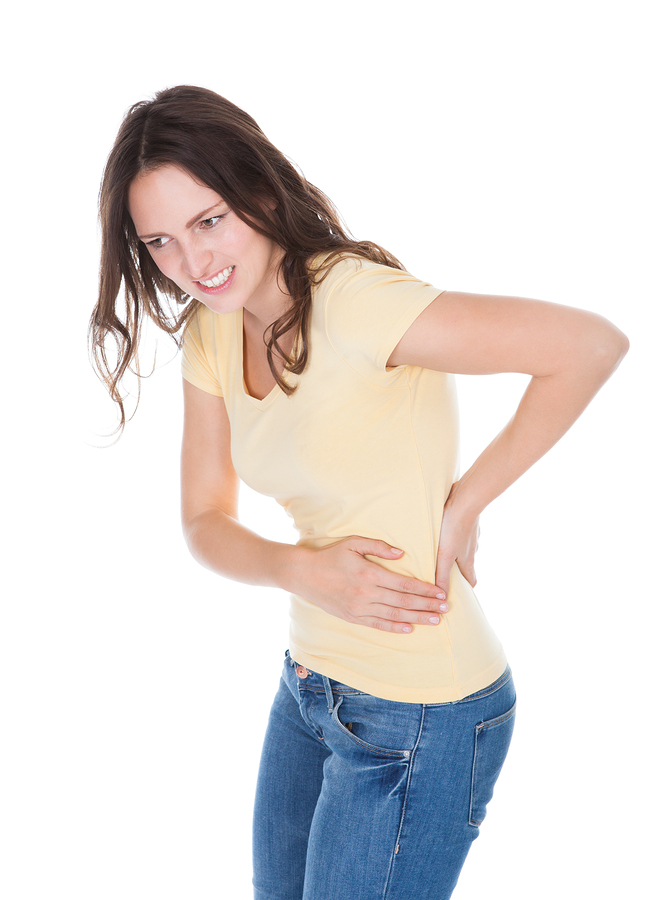Kidney Stone Prevention Tips From Doctors in Tampa, FL

Kidney stones are small, hard mineral deposits that accumulate in the kidneys, two bean-shaped organs that produce urine by removing waste and excess water from the blood. Usually, kidney stones form when the urine becomes very concentrated, a common result of dehydration. In high concentrations, minerals normally found in the urine—such as calcium, oxalate, and uric acid—can crystallize and stick together, forming solid masses, or “stones.”
While kidney stones usually do not cause permanent damage, they can be extremely painful, especially as they pass through the thin tubes (ureters) that carry urine from the kidneys to the bladder. Some people describe kidney stones as more painful than childbirth, a gunshot wound, a third-degree burn, surgery, or a broken bone. In short, kidney stones are considered by many to be one of the most excruciating conditions a human being can endure.
What Are the Symptoms of Kidney Stones?
The hallmark sign of a kidney stone is sharp, cramping pain just below the ribcage. Usually, the pain comes in waves and wraps around one side of the body. It is essential to seek prompt medical attention for this type of pain, especially if it is accompanied by:
- An inability to sit still
- Nausea or vomiting
- Fever and chills
- Painful urination
For many people, kidney stones are not a one-time experience. Studies show that approximately 50% of kidney stone patients will experience a second bout within seven years. However, the risk of recurrent kidney stones can be reduced with preventive measures.
What Are Some Dietary and Lifestyle Changes That Can Help Prevent Kidney Stones?
The experienced team at South Tampa Immediate Care in Tampa, Florida, offers the following kidney stone prevention tips:
Drink Plenty of Water Throughout the Day
Most people should produce approximately 2.6 quarts of urine per day. Keep in mind that if you exercise or sweat frequently, or if you live in a hot and dry climate, you will need to compensate for excess fluid loss by drinking more water. To ensure that you are sufficiently hydrated, look at your urine—it should be clear or very pale yellow. If you were diagnosed with kidney stones, your physician may suggest that you measure your urine output to help ensure proper hydration.
Eat a Low-Sodium Diet
A high-sodium diet can increase the amount of calcium in your urine, which in turn can increase your risk of kidney stones. In general, you should limit your sodium intake to 2,300 mg per day, or 1,500 mg per day if you have previously had kidney stones.
Limit Your Consumption of Animal Proteins
Eating too much red meat, poultry, seafood, and/or eggs can boost the level of uric acid in your urine, making it more likely to crystallize. It is best to limit your daily intake of animal proteins to a heart-healthy portion that is no larger than a deck of playing cards.
Eat Calcium-Rich Foods and Avoid Calcium Supplements
Contrary to popular belief, food-derived calcium is not linked to kidney stones. In some people, the opposite is true—a low-calcium diet can cause oxalate levels to rise, increasing the risk of kidney stones. That said, it is important to consult with a physician before taking calcium supplements, which are linked to kidney stones.
If you have further questions, the team at South Tampa Immediate Care can help. Contact or visit our walk-in clinic at 602 S. Howard Ave. in Tampa, FL, where you can benefit from non-emergency urgent care for many common illnesses and injuries. We are available every day during extended hours, and we do not require appointments.













